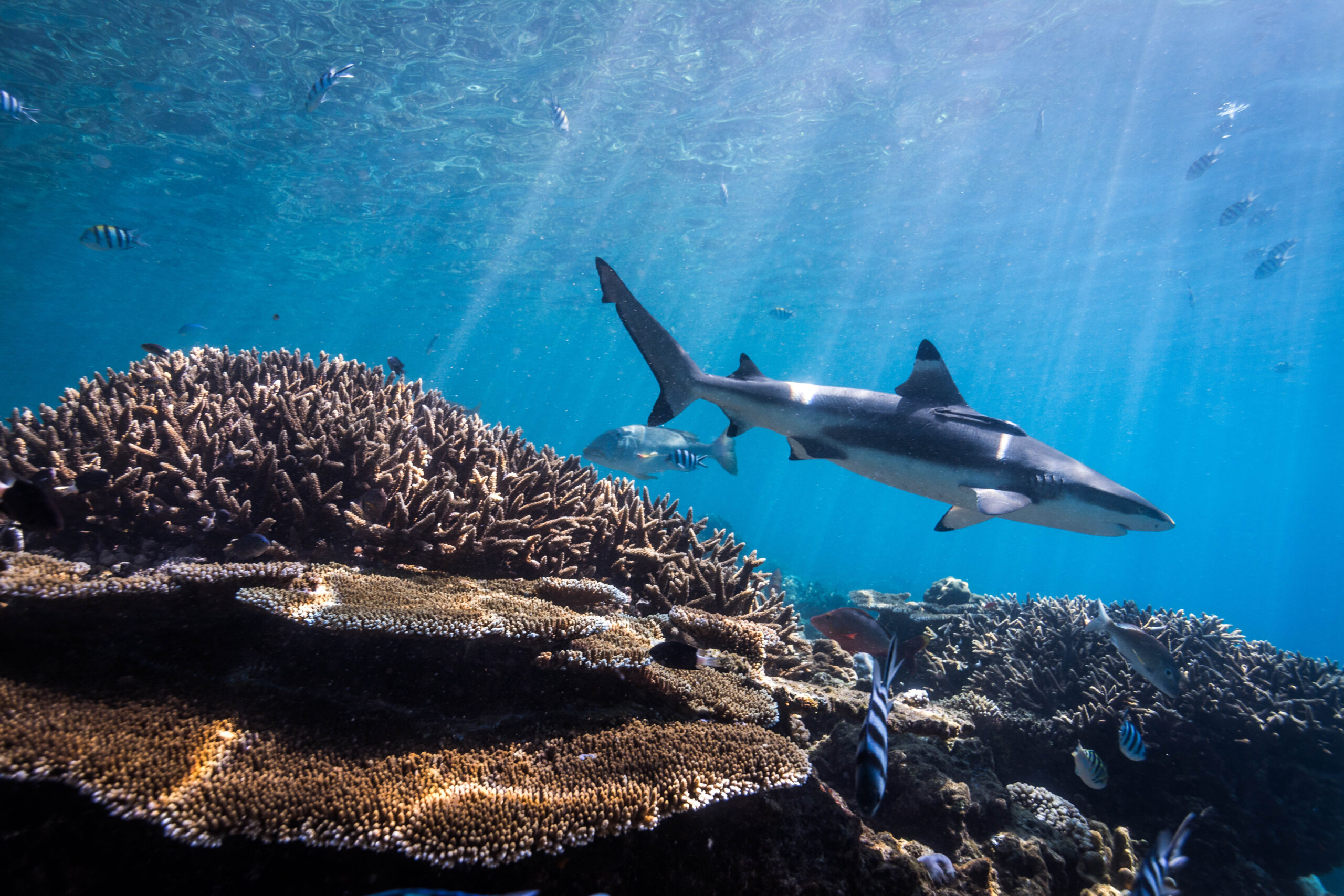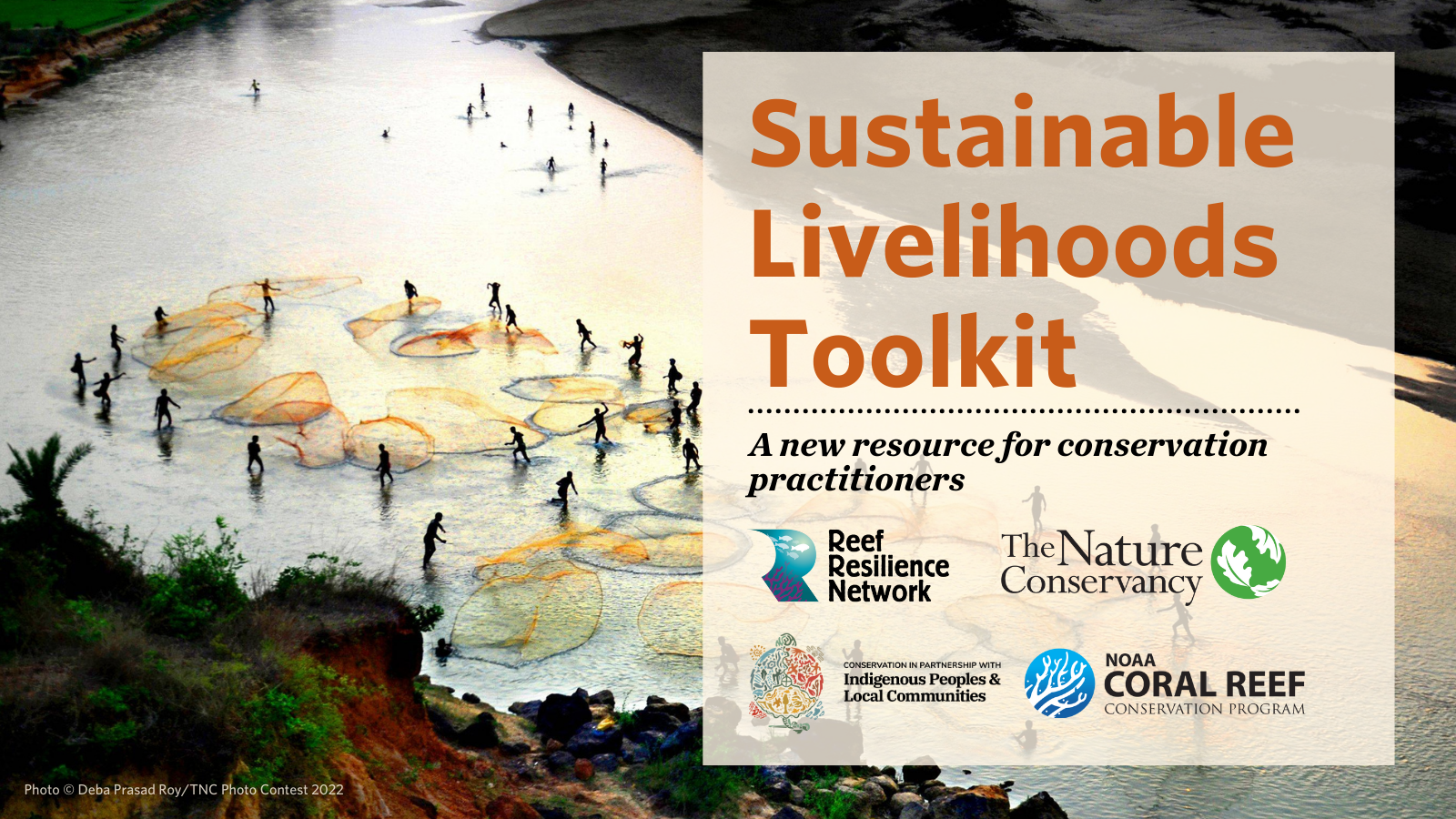The authors conducted a large-scale synthesis of data to assess the global status of herbivorous fish. They found much higher biomass (2 times higher) in un-fished areas, and also much higher biomass in certain regions (central Pacific) compared to the Caribbean. They find that functional group biomass is a more accurate way to measure the status of herbivorous fishes as opposed to abundance. The browsers who consume macroalgae and are most important in preventing a coral-algal phase shift are unfortunately also most succeptible to fishing. Their management recommendations are to manage herbivore populations to be much larger than they would be naturallly in order to control algal abundance on degraded reefs, since they assume that reefs have much more algae present than in the past. They also recommend more focus on herbivore assemblages and managing for both biomass and composition of key groups rather than just on population.
Author: Edwards C.B., A.M Friedlander, A.G. Green, M.J. Hardt, E. Sala, H.P. Sweatman, I.D. Williams, B. Zgliczynski, S.A. Sandin, and J.E. Smith
Year: 2013
View Abstract
Email for the full article: resilience@tnc.org
Proceedings of the Royal Society B 281(1774): doi:10.1098/rspb.2013.1835


